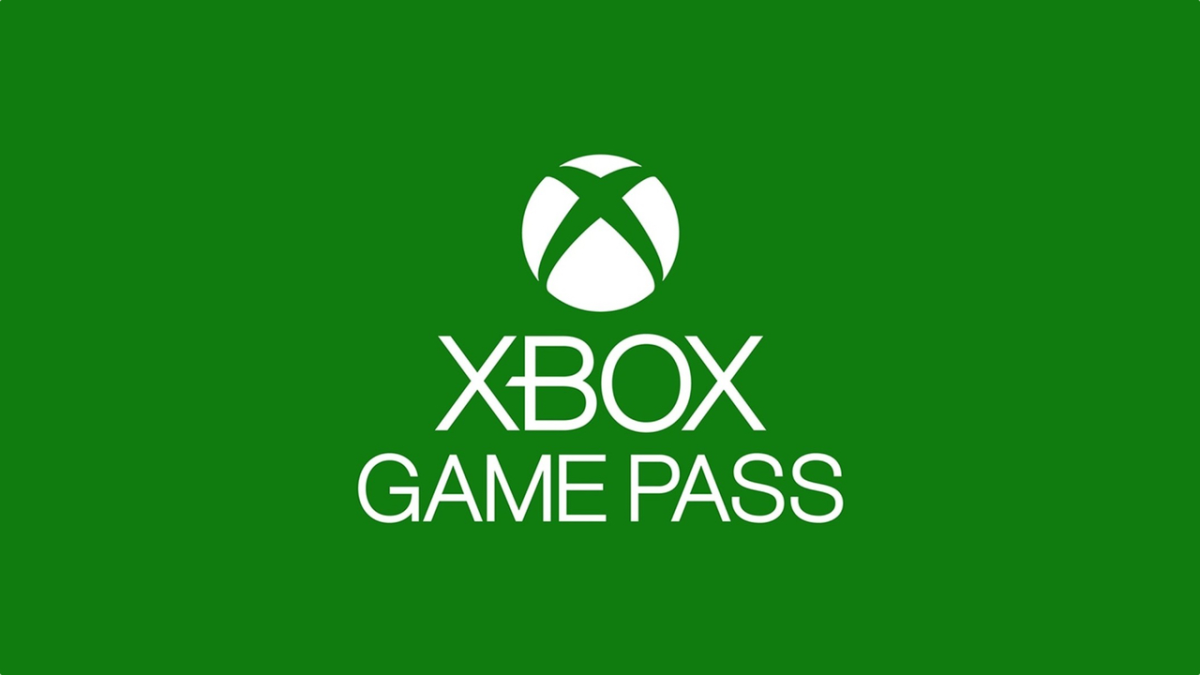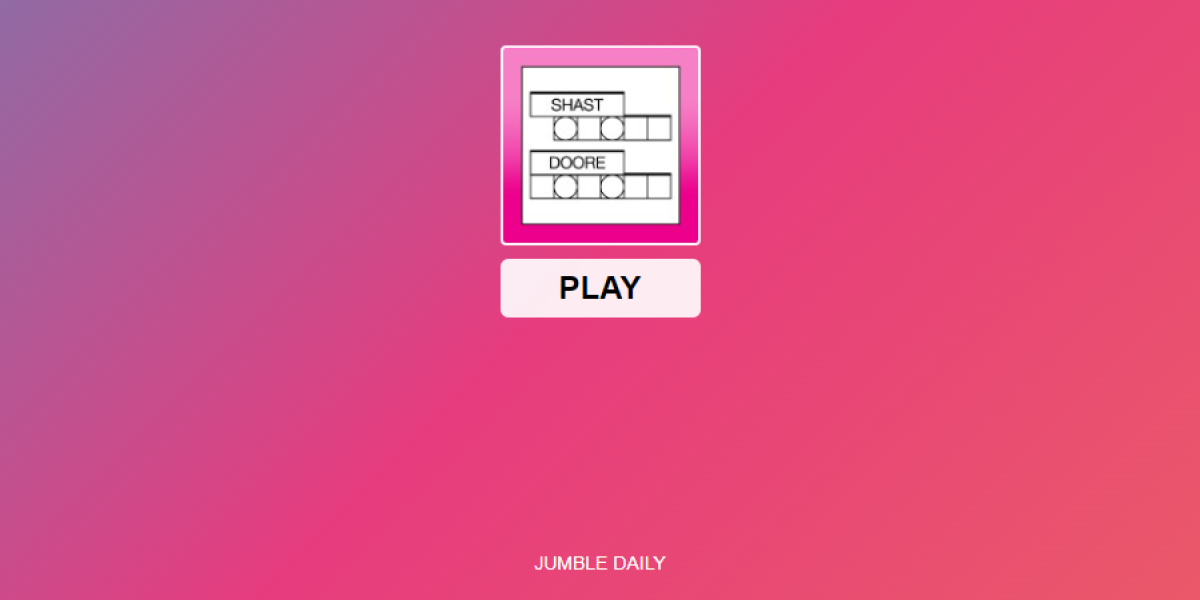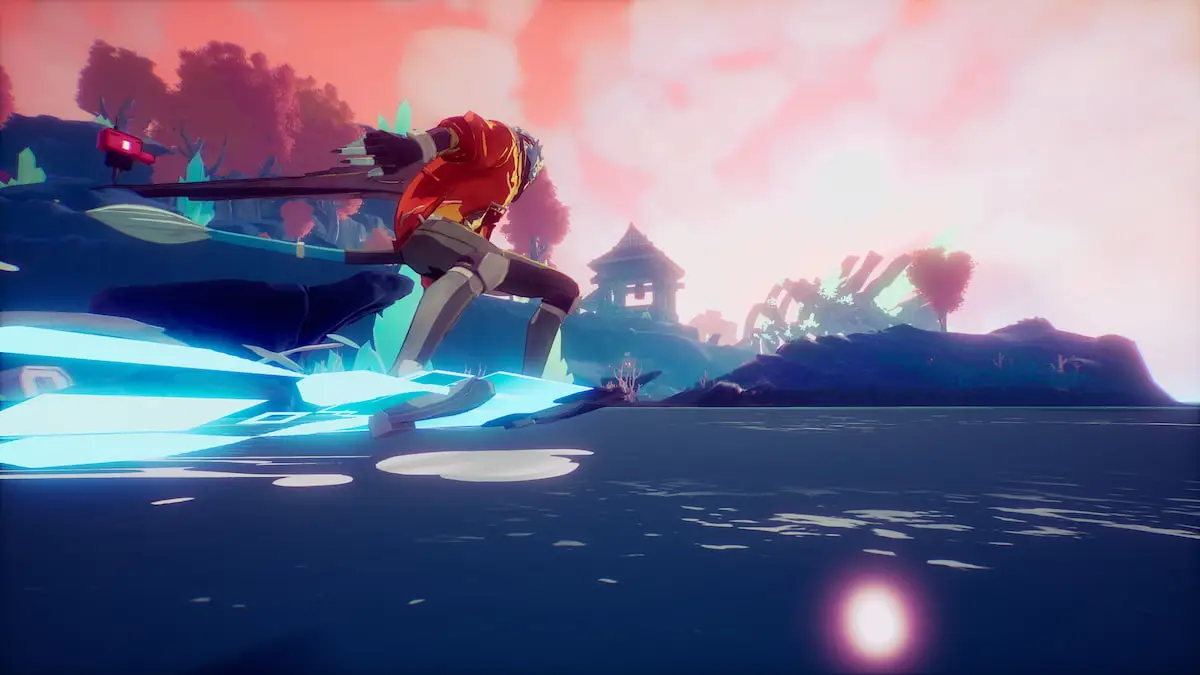At X Games, Major League Gaming is helping to bring esports to the forefront of the sporting world.
Mike Sepso, president and cofounder of MLG, is spearheading that effort. One year after MLG first brought Call of Duty to the X Games grounds, Sepso and his company have doubled up, with competitions for both Call of Duty and Dota 2 being featured this year. With fans and event officials alike offering their approval of MLG’s efforts, this could well be the start of something special.
Sepso spoke to the Daily Dot about the ESPN partnership and where he sees both it and MLG as a whole going from here.
How has the partnership with ESPN worked out for MLG thus far?
It’s been great. After X Games last year, we formed a long-term partnership with ESPN for the X Games events. They’re pretty happy with it. We’re experimenting this time with broadcasting the Dota 2 tournament on both MLG.tv and ESPN3. We’re getting more expansive coverage out of ESPN going forward. Between last year and this year we’ve seen double the footprint in adding a whole new game. Looking forward to the next Winter X Games, it’s a little harder there to expand since we’ll be on the side of a mountain.
What’s the motivation behind putting Dota 2 on ESPN3, but not Call of Duty?
ESPN doesn’t broadcast FPS games as a general rule so Dota 2 is a little bit easier for us to do on their channels. Esports in general is still pretty new to ESPN.
How do you work around ESPN not wanting to broadcast FPS games?
Different broadcasters and advertisers will have different perspectives on it. What’s popular with the fans isn’t always suitable for every network and every advertiser, so that’s fine. FPS games are still an important part of the esports landscape.
Speaking of FPS games, what has been MLG’s motivation for becoming more involved in Counter-Strike: Global Offensive?
It’s important for us to support Counter-Strike in terms of drawing a more global fan base. It’s not as mainstream a game as Call of Duty is, but it’s a great game and we’ve been excited about how it’s performed for us. We haven’t operated the game ourselves outside of the Winter X Games, instead relying on our partnership with CEVO. It has performed well both in terms of participation and viewership.
How is the Counter-Strike audience different than the Call of Duty audience you’re more accustomed to?
It seems like everybody that plays Counter-Strike is into esports, whereas maybe 10 percent of Call of Duty players are into esports. But that number is growing.
How do you grow that number and increase interest in esports among the Call of Duty player base?
This past year we really tried to perfect the pro league model for Call of Duty. Outside of the League Championship Series, most of esports is just a bunch of intermittent tournaments. It’s very difficult to grow a sport that way. The only sports that really work like that are golf and tennis, which have been around for a very long time, and even then they’re pretty fractured.
It’s difficult to build a professional sport when it’s just a bunch of tournaments. We tried to work with Activision to take a strong step towards a league model. I think that’s going to be important for the esports industry, to do more of that.
Are you happy with the transition to the pro league style?
The pro league has been great for us. We brought our season 2 championship for Call of Duty here to X Games. There’s still a lot of work to do, and we’re still in the experimental phase. What you’re seeing now is that, whereas before only one or two teams would pull a big audience, now there’s more parity in terms of interest from the fans and in the viewership of those teams.
In golf and tennis, most people are only going to watch if their favorite player is there. With a league structure—and I think the NBA is a great example of this—the fanbases for the teams go beyond even their city. Cleveland is a small city but the Cavaliers have a huge fanbase. Some of that is because they have a superstar, but that’s what the league model does.
Have you considered expanding the pro league to other regions of the world, and more generally how you further grow into those regions?
There aren’t a lot of Call of Duty players outside of North America, some parts of Europe and Australia. So how do you get the people who don’t play the game interested in the sport? A lot of people have never played basketball or especially football, yet they still watch those. Conversely, few people watch golf who don’t also play. Esports can go one way or the other and that will be a decision made in the next couple of years.
Now that you’re dealing with different games from different publishers, how do you navigate those companies all wanting different things?
It’s tough to navigate that. We need to create an economic model for the activity. A lot of publishers still think of esports as a marketing activity. That makes it difficult to create a true sport, because a sport has to be able to live and breathe on its own.
One of the main reasons we created MLG.tv was to create a sustainable economic model for sport. Nobody likes exclusive content as we have there, but to do things such as our X Games tournaments you need that. You need a viable economic model.
The big sporting leagues are starting to take more of their own content back. The NFL has the NFL Network. MLB has online distribution that they built on their own. The traditional sports leagues are trying to maximize the content they themselves create. All of these things are in an experimental phase. We at MLG are not a marketing team or a publisher, so we can do new things. We can go out and take a little more risk.
But as soon as these games become big, the core audience becomes unsure. We have to make sure the core audience is still getting the product they want and seeing the best competition. At the same time, if we don’t appeal to people who don’t already play these games, this is going to remain a small thing.
How do you toe that line between serving the hardcore fans and opening things up to a more mainstream audience?
It’s really difficult to mix the hardcore fans with those who don’t play the games themselves. We say to the hardcore fans, if you love it, you’ve got to get a bigger audience. That keeps the publishers interested and makes a viable commercial system while building the sport into something bigger.
There’s that classic hipster argument, “This is my thing that I own and I want it to be exclusive to my friends, I don’t want my little sister to care about or understand it.” That attitude isn’t exclusive to esports or to sports, it’s just indicative of something that’s growing culturally, and that a lot more attention is coming to it.
Some other companies and broadcasters will show to the core audience that they can be cool and they’re hosting events in big places and they’re going to cater to you. What MLG does is put forward a product that you’re still going to love, but we want to make people not already involved in it more interested. Like with the Dota 2 tournament being on ESPN3, or the tens of thousands of people coming through X Games who will see esports live for the first time. That’s what we think is really important. How do we take this thing and make it more mainstream.
We’re not happy just being hardcore, even if the numbers become huge.
You talk about needing a more mainstream audience to compete with traditional sports. But we’ve seen Riot Games have great success with League of Legends while catering very much to their core audience.
That’s just indicative of Riot having a really successful marketing program based around esports. And the fanbase is huge with so many millions playing the game.
What’s not happening, though, even while the viewership numbers do compare to traditional sports, they’re not getting the comparative audience in just the United States or in just North America. We’re a U.S.-based company and really want it to work here locally, as we believe sports go huge everywhere when they can go huge in the United States. We have an office down the street from the big mainstream sports leagues in New York City for a reason.
ESPN officials have spoken to esports not being a real sport, but they’ve also taken steps to increase their coverage of it, working with yourselves, Blizzard, and Valve to broadcast games on their platforms. How do you think ESPN feels about esports?
I think it’s what we just talked about. The money and the size of audience for ESPN, the biggest sports broadcaster in the world, doesn’t compare to all of the traditional sports they work with. But they do look at the numbers in esports and see that a lot of people are watching it. So they experiment with it and try to support it.
We’re helping to expose the ESPN family to what we do and to what esports really is. And we’re hopeful that over time, as we become bigger, we’ll capture more of their attention. As the numbers continue to grow we can show there’s a viable economic model behind it, not that there’s just a lot of people watching it without generating any revenue.
We talk about the headline numbers in viewership, but we’re still building. And I think we can do it.






Published: Jun 7, 2015 03:30 pm